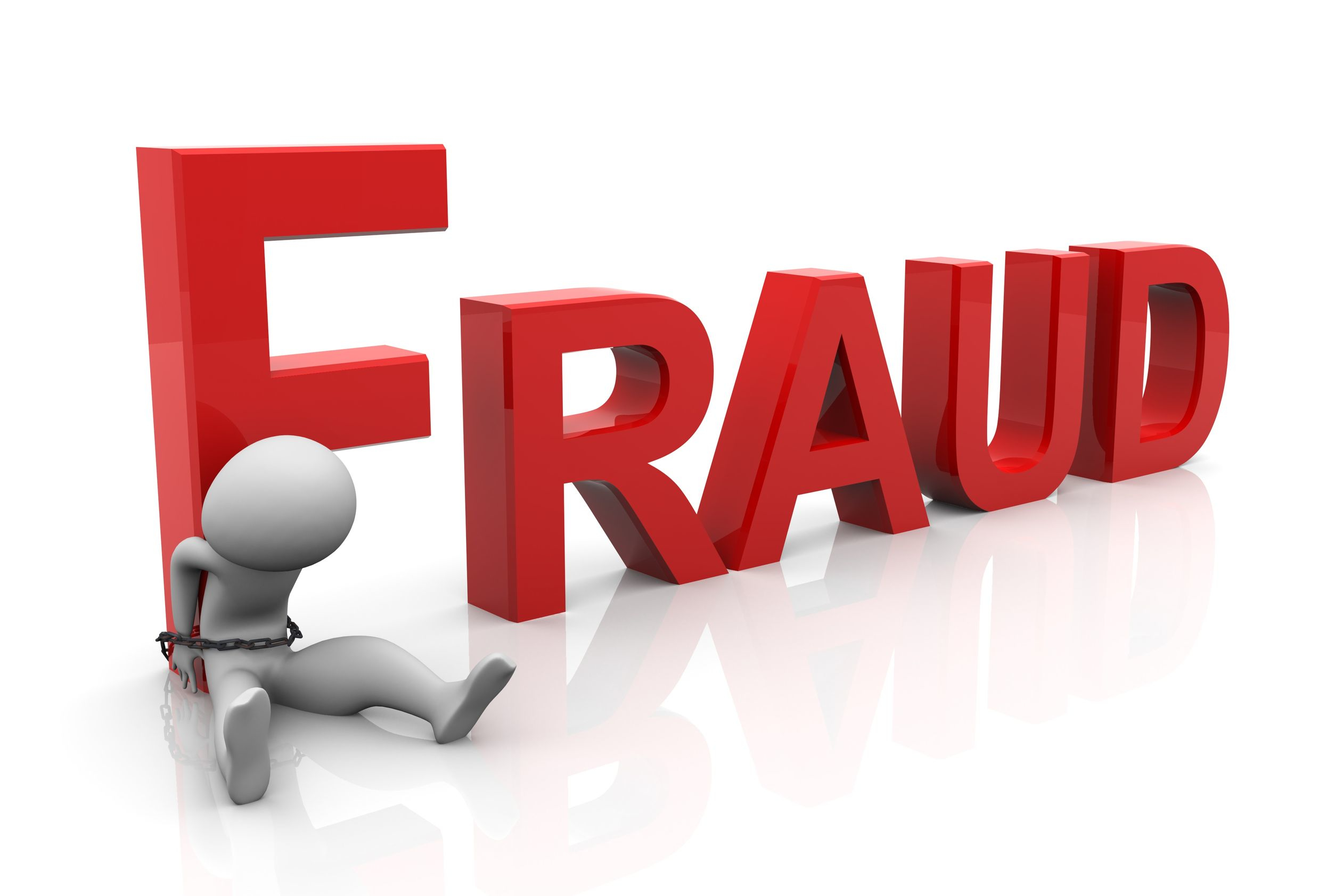Insurance fraud is a grave offense that can have far-reaching consequences, not only for individuals and insurance companies but also within the legal realm. When insurance fraud crosses a certain threshold of severity, it may be classified as a felony—a category of crime that carries significant legal penalties. This article explores the intricacies of insurance fraud felony, the factors that contribute to their classification, and the potential ramifications for those found guilty of committing this offense.
Contents
Understanding Felony Classification
In the realm of criminal law, felonies are categorized as serious offenses that often involve substantial harm to individuals, society, or property. While the exact criteria for classifying insurance fraud as a felony vary by jurisdiction, certain factors are commonly considered:
Monetary Threshold: Insurance fraud felonies are often defined by the amount of money involved. If the fraudulent claim or scheme crosses a specific monetary threshold, it may elevate the offense from a misdemeanor to a felony.
Intent: The intentional nature of the fraudulent activity can also influence the classification. If it can be demonstrated that the fraud was premeditated and committed with clear intent, it may increase the likelihood of felony charges.
Harm: The extent of harm caused to the insurance company, policyholders, or other parties involved can impact the severity of the charge. If the fraud results in significant financial loss or damage, it may lead to felony charges.
Criminal History: An individual’s criminal history and prior convictions may also influence the classification of insurance fraud. Repeat offenders or those with a history of fraud-related crimes are more likely to face felony charges.
Ramifications of Insurance Fraud Felonies
Legal Penalties: Felonies are associated with more severe legal penalties compared to misdemeanors. These penalties can include substantial fines, restitution to victims, probation, community service, and, in many cases, imprisonment.
Criminal Record: A felony conviction results in a permanent criminal record, which can have long-term implications for employment, housing, education, and other aspects of an individual’s life.
Loss of Rights: Felony convictions can result in the loss of certain rights, such as the right to vote, hold public office, or possess firearms, depending on the jurisdiction.
Professional Consequences: Individuals working within industries regulated by professional licensing boards may face disciplinary actions, including license revocation or suspension, due to a felony conviction.
Social Stigma: Felony convictions often carry a social stigma that can affect an individual’s personal and professional relationships.
Preventing Insurance Fraud Felonies
Public Awareness: Raising awareness about the consequences of insurance fraud and the potential for felony charges can serve as a deterrent to potential wrongdoers.
Stronger Legal Frameworks: Jurisdictions can enact and enforce stringent laws that clearly define insurance fraud felonies and establish appropriate penalties.
Collaboration: Collaboration between law enforcement agencies, insurance companies, and legal professionals is crucial to detecting, investigating, and prosecuting insurance fraud cases.
Insurance fraud felonies are a stark reminder of the serious legal consequences that accompany deceitful actions within the insurance industry. As legal systems continue to evolve and adapt to the challenges posed by insurance fraud, it remains imperative for individuals to understand the potential for felonious charges and the lasting impact such charges can have on their lives. By promoting awareness, enforcing strong legal measures, and fostering collaboration, society can work toward deterring insurance fraud and maintaining the integrity of the insurance ecosystem.



